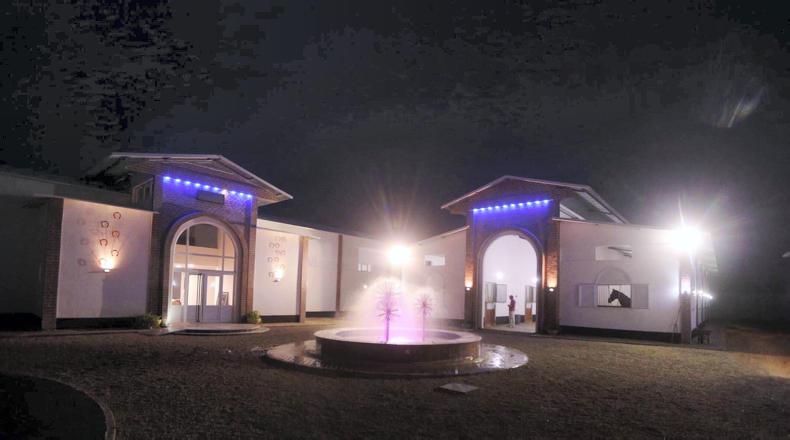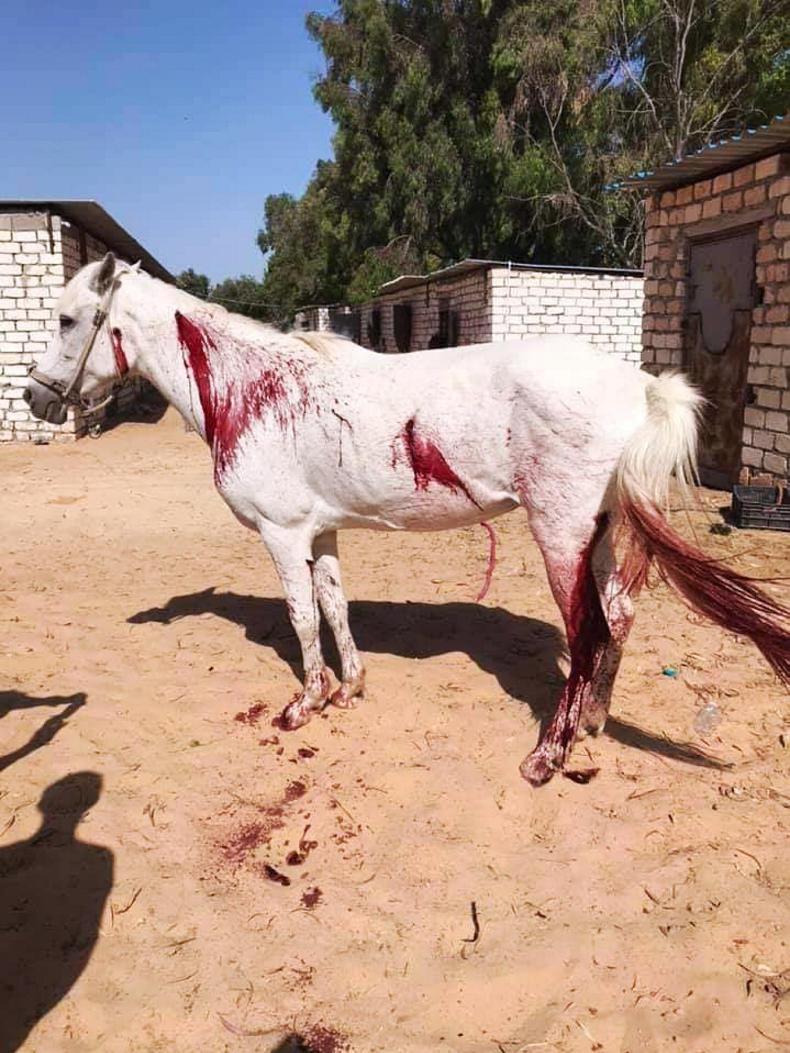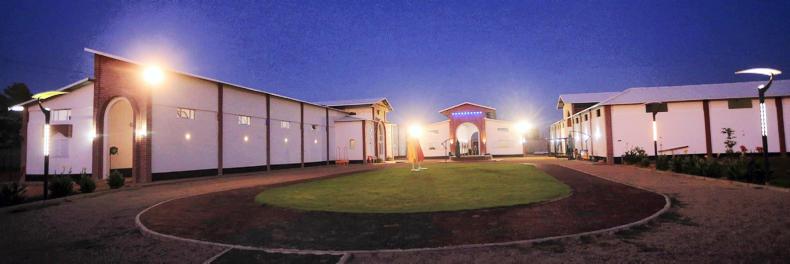IN some countries torn by conflict, as in Iraq, horse racing has benefited, serving as an escape from the troubles and attracting new racegoers.
Sadly, this is far from the case in Libya, where the Arab Spring of 2011 had a disastrous effect on the thriving thoroughbred industry. Now war once again threatens to destroy an industry only recently rebuilt.
Libya, with a recognised stud book and part of the European and Mediterranean Horseracing Federation, is the only Arab country where thoroughbred racing is more popular than racing the native breed.
Since 2011, when thoroughbreds from leading stud farms were lost to Gaddafi’s retreating troops, studs such as Al Shaab, near Tripoli, have been frequent visitors to Tattersalls UK and Australia’s Magic Millions, replenishing and rebuilding. An impressive roster of stallions includes Raise A Grand, Churchill Downs, Eavesdropper (a Kingmambo half-brother to AP Indy), Back Draft, and leading Libyan sire Brut Force.
Those stallions, together with many other stallions, broodmares and youngstock, are now under threat from the conflict being fought by the Libyan National Army, led by Khalifa Haftar, with one thoroughbred already dead and several other injured in an air strike by the Haftar forces.
The Equestrian Club of Libya, the base of the Libyan Horseracing Authority, is unfortunately located in what is now the heart of the conflict and the majority of the nation’s stud farms are in the war-torn regions of Qasrban Ghashir, Suwani bin Adam, Azizia and Sbiya.
Dr Amad Ashaab, a veterinarian who owns and manages Libya’s leading stud, Al Shaab Stud near Tripoli, as well as a state-of-the-art equine hospital, Africa’s largest, reports that Haftar’s troops are currently fighting close to his farm, though it remains safe for the time being.
“For the past 20 days I could not go to the farm because there are concentrations of forces in the city of Tarhuna,” he told The Irish Field this week. “Today, it is reported that there are tanks three kilometres away from the stud.”
The Mixed Thoroughbred Sale held at Al Shaab Stud every October attracts buyers locally and from Egypt and Tunisia.
Since the sales resumed in 2012, 85% of horses catalogued have changed hands, the most expensive yearling making €54,000, with yearling averages of €16,500. Prize money at the country’s premier racemeeting is €600,000.
Dr Ashaab is naturally concerned for the welfare of the country’s horses and for the burgeoning thoroughbred industry, which had been heavily-supported by the government as part of Libya’s economic recovery, hoping it would provide employment, tourism and revenue.
“We would like to communicate with international organisations and seek help to protect our horses,” he pleads.
Can you help?
Email: ashaabdramad@gmail.com




 This is a subscriber-only article
This is a subscriber-only article
 It looks like you're browsing in private mode
It looks like you're browsing in private mode







SHARING OPTIONS: